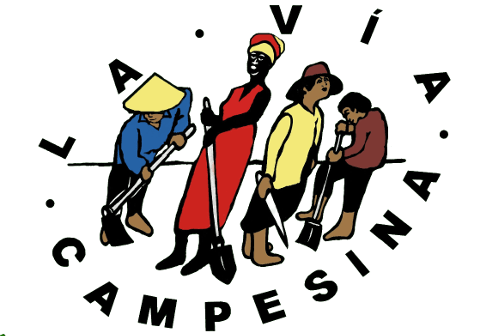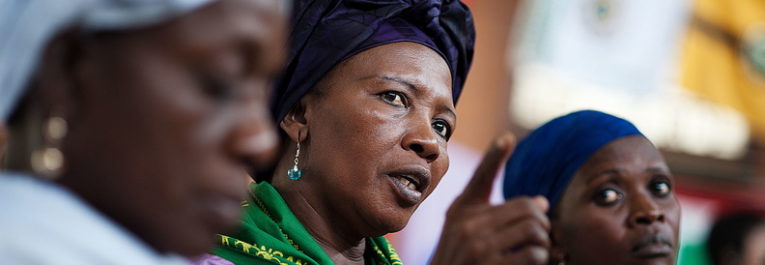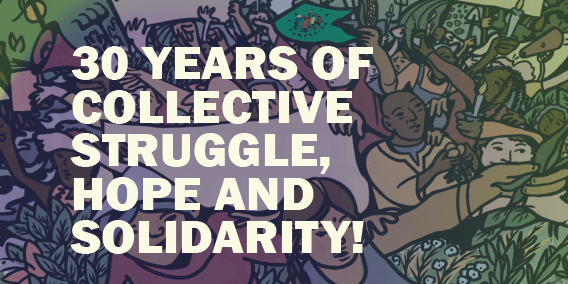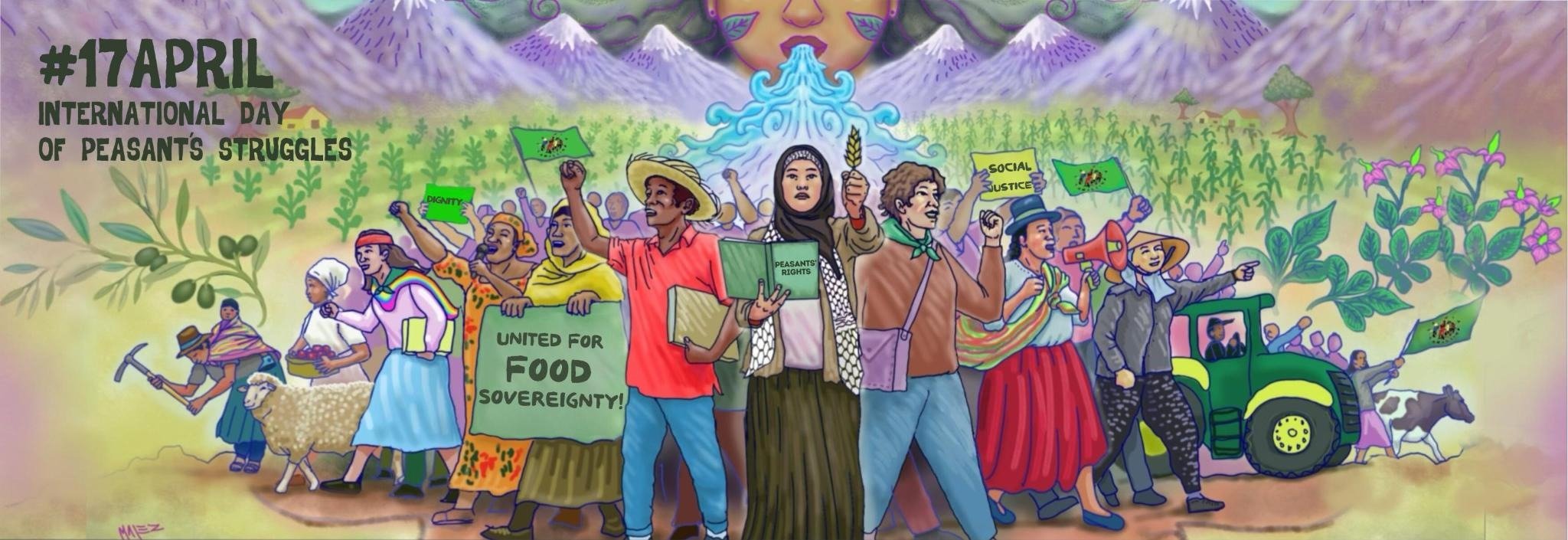Women are key participants and leaders in La Via Campesina.
In fact, the rôle of women is part of what makes this movement unique both in the history of peasant movements and among other international social movements and organizations. The work, perspectives, analysis, energy, leadership and presence of women in La Via Campesina has fundamentally shaped and strengthened our movement.
Rural and indigenous women have a long history of oppression and struggle. They have made some major gains in some contexts and regions. Feminist struggles have resulted in the recognition of women’s rights as human rights, rights to education and resources and improved social status for some women. However the gains are very far from universal. Patriarchal power and injustices continue to be the daily reality for most women.
The increasing corporate concentration of land and resources makes rural women’s struggle for access to land ever more difficult. As more and more rural families are displaced, women are less secure and more vulnerable to violence and exploitation.
Women in La Via Campesina initiated and continue to be key to the seeds campaign. As transnational corporations are usurping ownership of seeds and manipulating seed genetics, the struggle over seeds has become the struggle for food sovereignty and for the very basics of life itself. Peasant and indigenous women have a long tradition of collecting and protecting seeds, enhancing seed diversity and adaptability.
Throughout the life of La Via Campesina, women have been present and active on every issue and struggle – organizing, marching, confronting the powerful in national and international conferences, suffering arrests and jail, speaking out on important issues.
Side by side and in solidarity with the men of La Via Campesina, they bring political analysis, experience and energy to the shared goal of creating a future that is more just, egalitarian, peaceful, ecologically healthy and life-giving.




